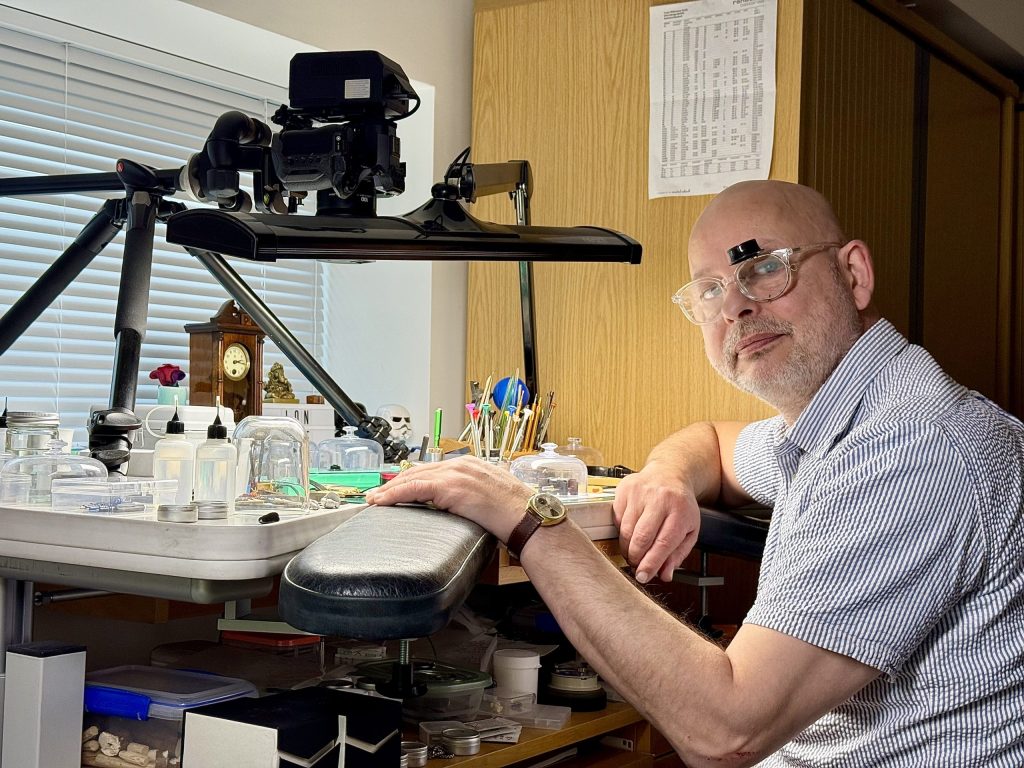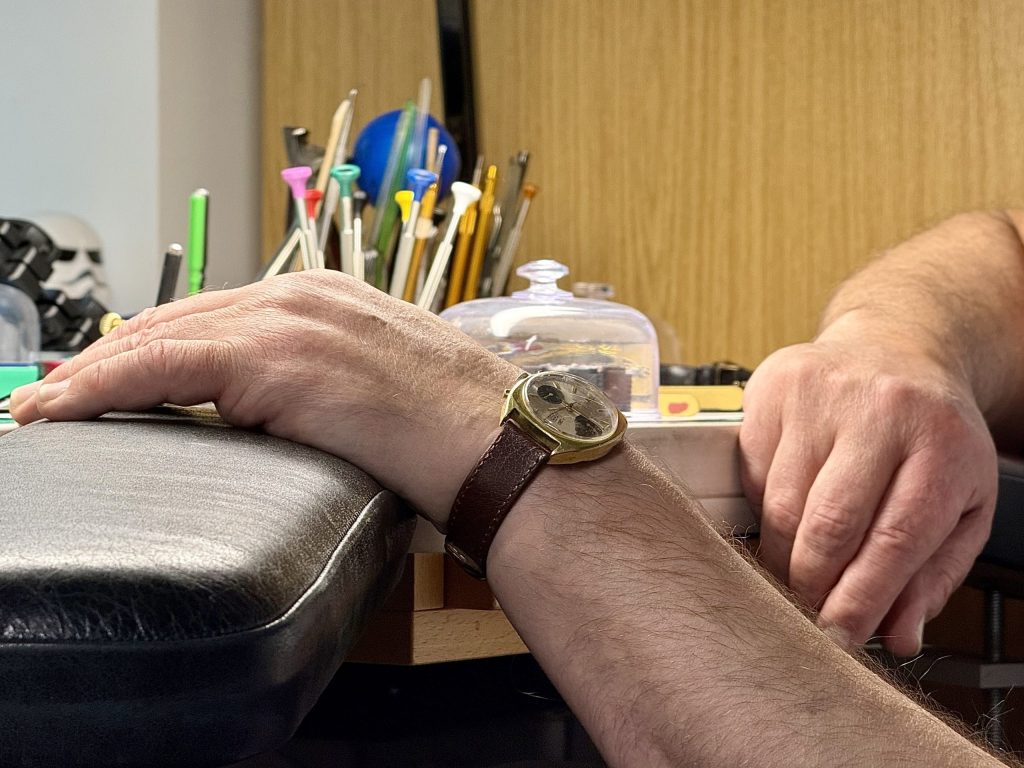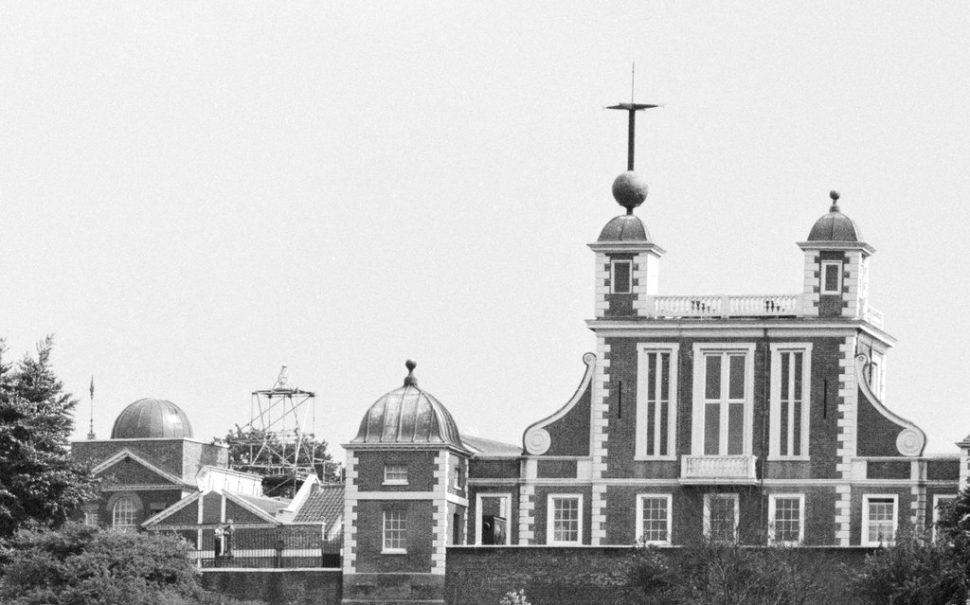As the clocks fall back and British Summer Time draws to a close, millions of people feel the subtle but familiar shift marking the seasonal turn of time.
For most, the extra hour in bed is a welcome gift. Yet behind this bi annual ritual lies a complex story that stretches from the age of sail to the era of satellites.
High above the Thames stands the place where the world’s time was once set by the stars, the Greenwich Royal Observatory.
“Originally, the work done here was for the benefit of other astronomers and people interested in accurate time using the stars,” explains Dr Louise Devoy, Senior Curator of the Royal Observatory, Greenwich. “Then gradually, over time, more and more people started to use it.”
Dr Devoy is one of the UK’s foremost authorities on the history of timekeeping, ensuring that the Observatory continues to inspire and educate how deeply time is woven into our daily lives.
“Our whole relationship with time has changed,” she said. “Before the industrial age, people were outdoors, working in the fields, guided by the sun and the seasons. In some ways, we’ve lost that connection.
“We have that authentic story. We have the objects, we have the stories and this really is a very special place.”
Even as we live by digital seconds and atomic precision, she added: “We still rely on time zones and standards that are intervals from Universal Coordinated Time (UTC), which is a descendant of Greenwich Mean Time.”
“You often see quite a few reminders of our own mortality… time is one of our most precious resources.”
Though its famous time ball still drops at 1 p.m. every day, a ritual dating back to 1833, the real work of keeping Britain on time has evolved into a collaboration between museums, laboratories, and watchmakers.
In a quiet Wimbledon workshop, Jon Woods, founder of London’s only Watchmaking School, bridges the mechanical precision of the past with a contemporary thirst for craftsmanship.

“At this time of year, I feel time is more precious,” he said.” When I wind my watch, it’s a ritual, a way to stay connected to time, not just measure it.”
Jon now teaches a new generation of watchmakers.
“The real, true skills are being lost because people like me aren’t around to teach them,” he said. “We were at the top of the game in the 18th century. Now the government isn’t interested.”
For Jon, every watch carries a story. “I could have a highly accurate watch on my wrist, but it wouldn’t mean the same as this one because I have a connection with it every day,” he says.
Hanging in Jon’s workshop is a quote by Friedrich Schiller, that reads: “Only those who have the patience to do simple things perfectly will acquire the skill to do difficult things easily.”
Jon’s work is built on composure and he added: “To be put into a position of being impatient develops the skill of being patient.”

Although the heart of timekeeping sits in Greenwich, its pulse beats in Teddington, at the National Physical Laboratory (NPL), home to the UK’s atomic time scale.
A spokesperson at the NPL Time and Frequency Department said: “We maintain the UK’s national time scale, and the country’s primary frequency standards. This ensures that clocks across the UK are accurate and synchronised.”
Although timekeeping today is coordinated globally, with around 70 national timing institutes contributing to the Coordinated Universal Time scale, Britain remains the centre post for engineering time in South West London.
“Atomic timekeeping underpins technologies that are part of our daily lives, including mobile phones, the internet, and global navigation satellite systems,” added the NPL.
Though the average Brit might not think about it, the accuracy of these systems shapes almost every aspect of daily life, from breaking news notifications to a Whatsapp message to say a family member has landed safely.
As the clocks change this Sunday, Britain’s timekeeping infrastructures continue to tick.
In a world defined by speed, automation, and data, the story of timekeeping reminds us that our task is not merely to measure time, but to live meaningfully within it.
Featured Image Credit: Royal Observatory Greenwich





